After a new report showcasing flaws in identifying foreign ownership of U.S. farmland, critics are concerned about the economy and national security, as Chinese companies look to buy land in areas that would pose a “significant threat.”
A Growing Concern for Agricultural Independence
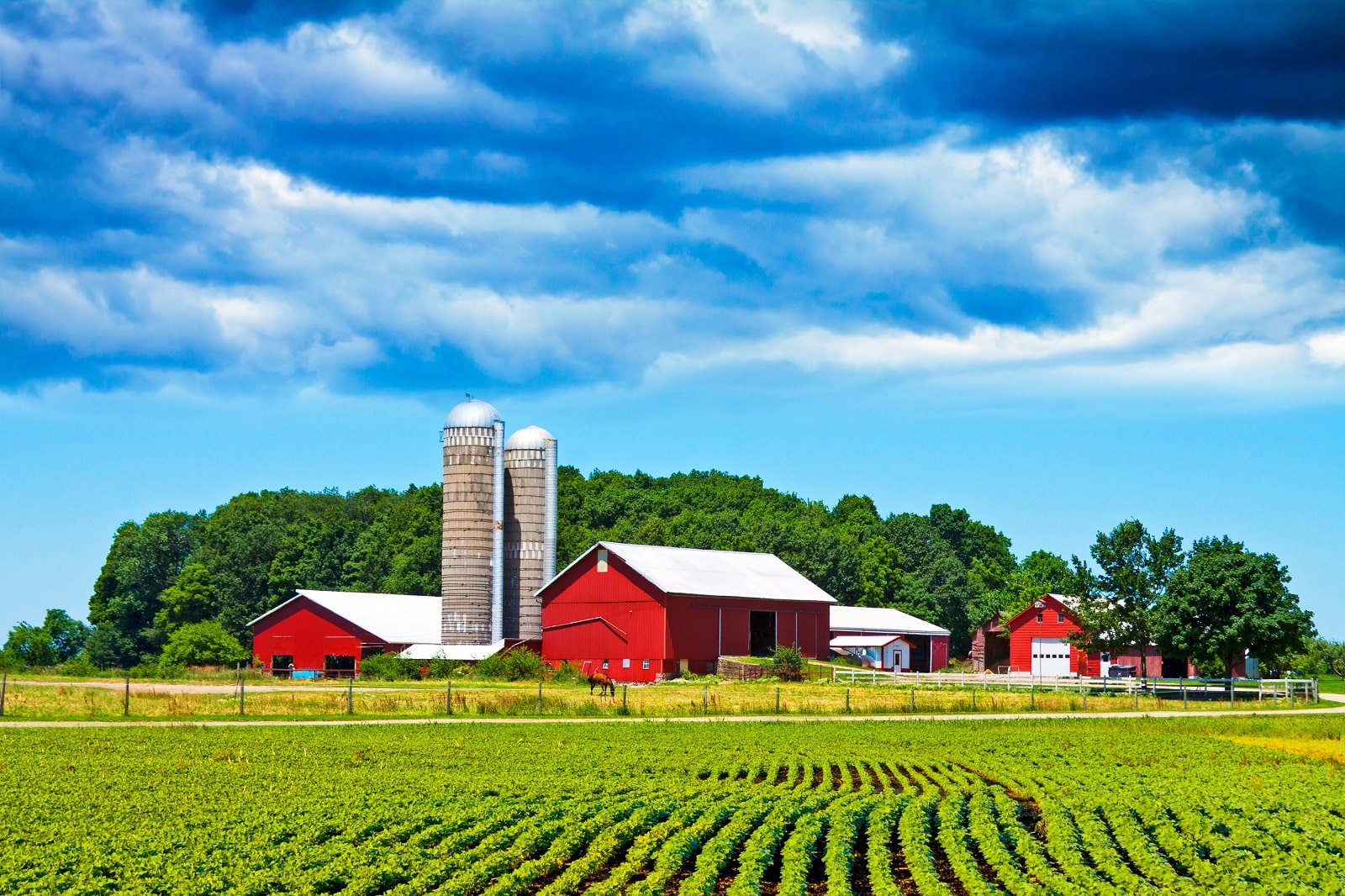
Under President Joe Biden’s administration, American sovereignty and agricultural independence have reportedly taken a downward spiral.
A recent probe by the U.S. Government Accountability Office (GAO) revealed flaws in tracking foreign ownership of U.S. farmland, with China ready to swoop.
GAO Probe Exposes Failures
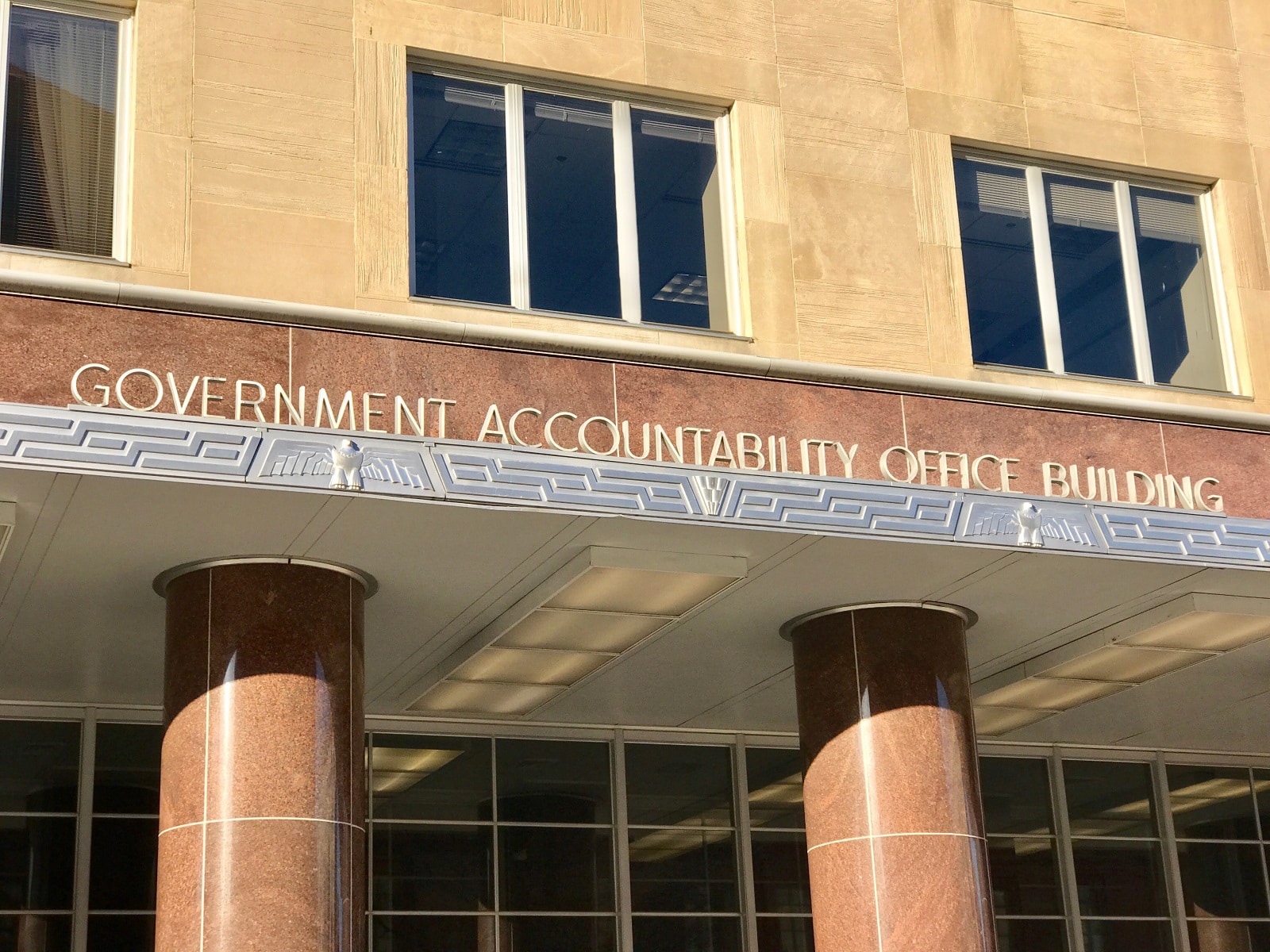
The GAO’s investigation showed the government’s failure to properly track the ownership of American farmland.
The U.S. Department of Agriculture (USDA) has failed to share timely data on foreign entities’ investments, violating the 1978 Agricultural Foreign Investment Disclosure Act (AFIDA).
USDA Processes Criticized
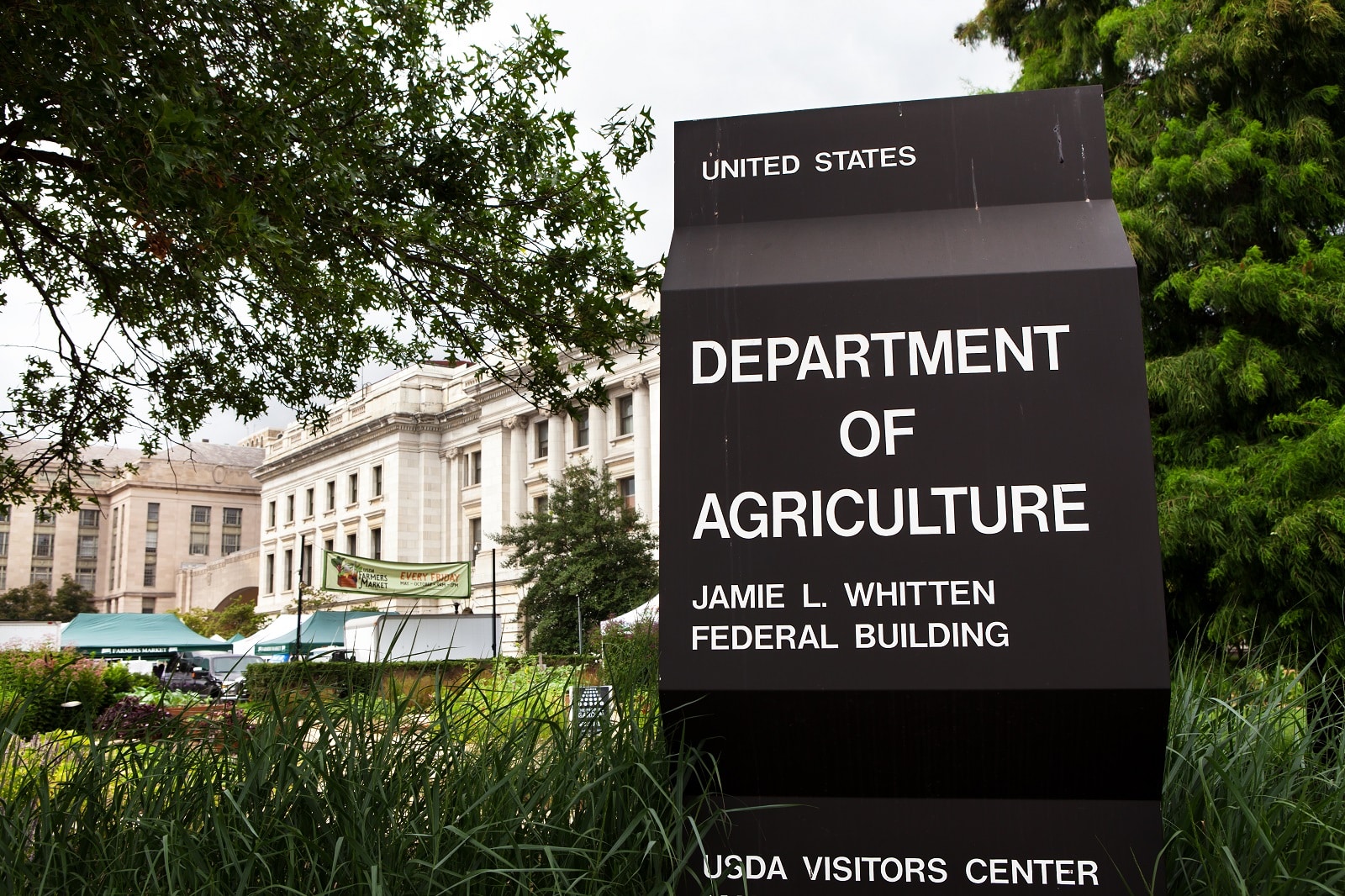
The GAO criticized the USDA’s flawed processes for collecting, tracking, and reporting key information related to foreign investments, “USDA implements AFIDA across field offices and headquarters, but its processes to collect, track, and report key information are flawed,” the report said.
A Flawed Initiative
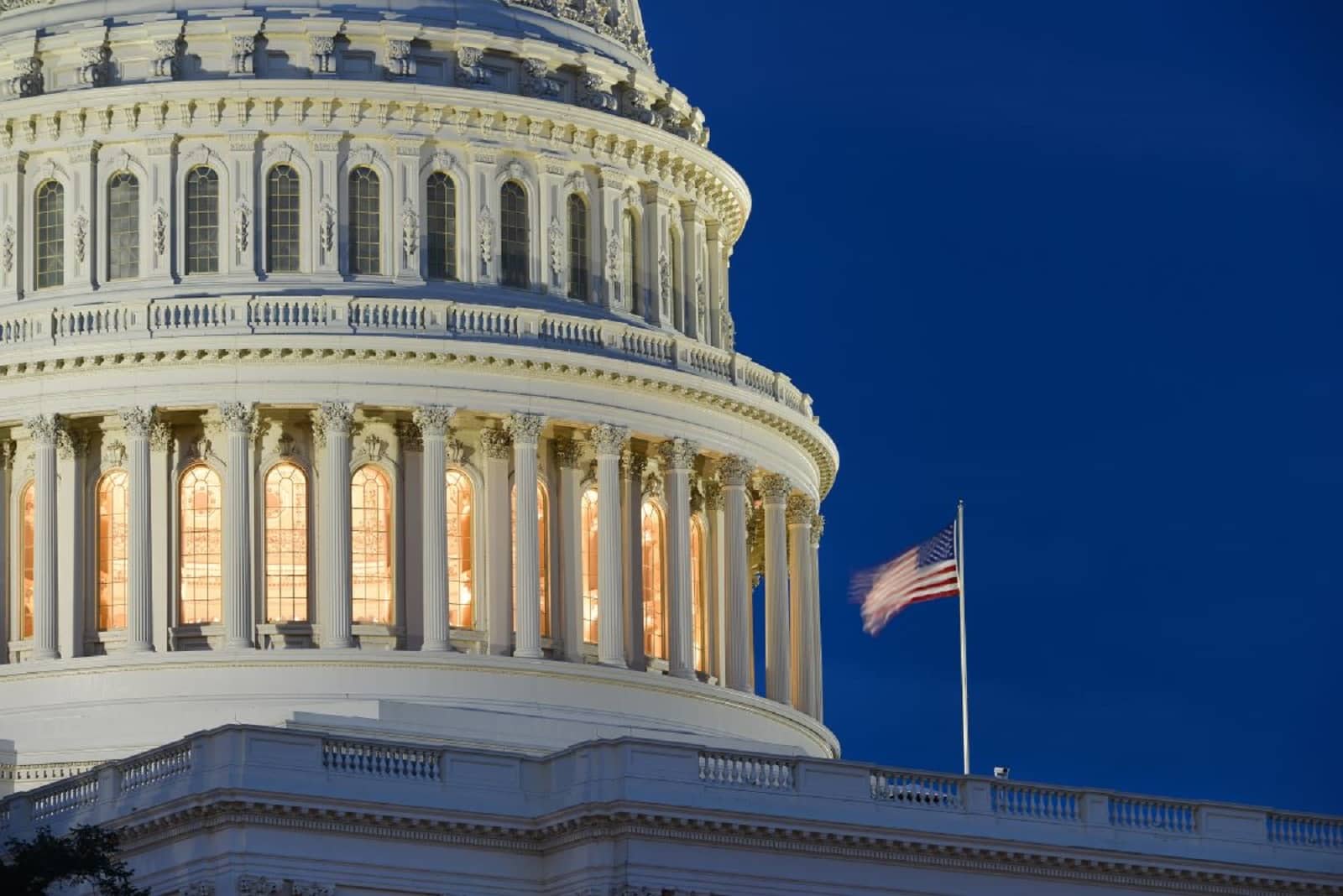
Congress has mandated the USDA to establish an online AFIDA database by 2025, yet the department has made no strides in fulfilling this directive, “Sharing current data could help increase visibility into potential national security risks related to foreign investments in U.S. agricultural land,” the report continued.
Congressional Reaction to GAO Findings

Congressional Western Caucus Chairman Dan Newhouse (R-Wash.) expressed deep concern upon learning about the GAO’s report, “This report confirms one of our worst fears,” he began.
Basic Questions Go Unanswered
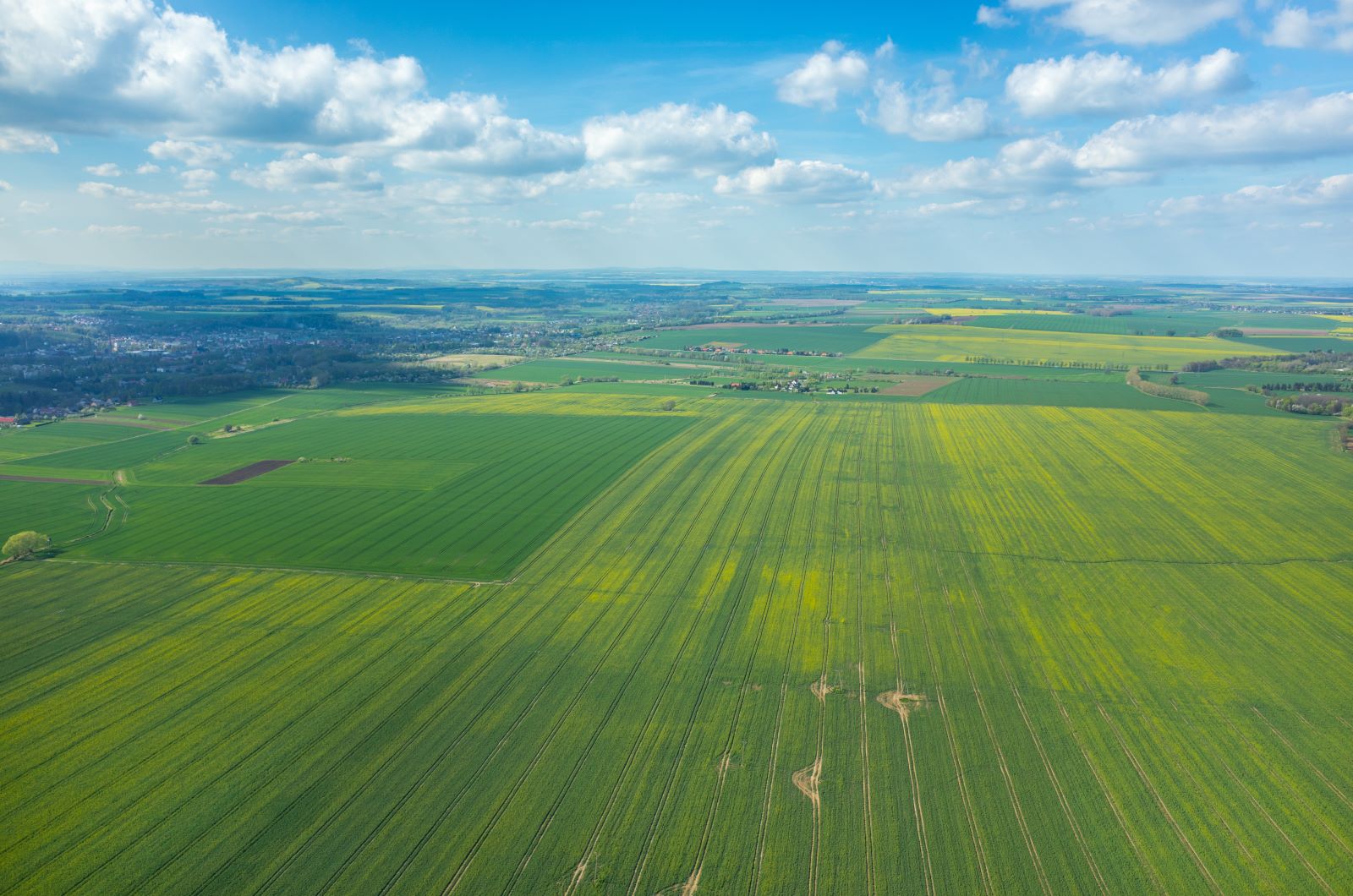
Newhouse pointed out the USDA’s inability to answer basic questions about land ownership, “Not only is the USDA unable to answer the question of who owns what land and where,” he said.
Newhouse Calls Out “Dangerous Flaw”

Newhouse also stressed that the department has no plan to address this issue, “there is no plan by the department to internally reverse this dangerous flaw that affects our supply chain and economy.”
Urgency of Addressing Food Security

Newhouse went on to explain the critical link between food security and national security, stating, “Food security is national security.” This shows a clear lack of understanding of who owns over 40 million acres of U.S. farmland, making the nation’s economy vulnerable.
Accusing USDA of Cowardess

Newhouse accused the USDA of burying their heads in the sand, “We cannot allow foreign adversaries to influence our food supply while we stick our heads in the sand.”
Escalating Republican Scrutiny

Republican politicians have made their concerns loud and clear regarding U.S. land acquisitions from companies in China. They’re worried that Beijing will gain control of essential U.S. food resources.
National Security Concerns

Real national security concerns arose when foreign entities purchased land near military installations, such as one in Michigan.
Chinese Firm Acquires Land In Michigan
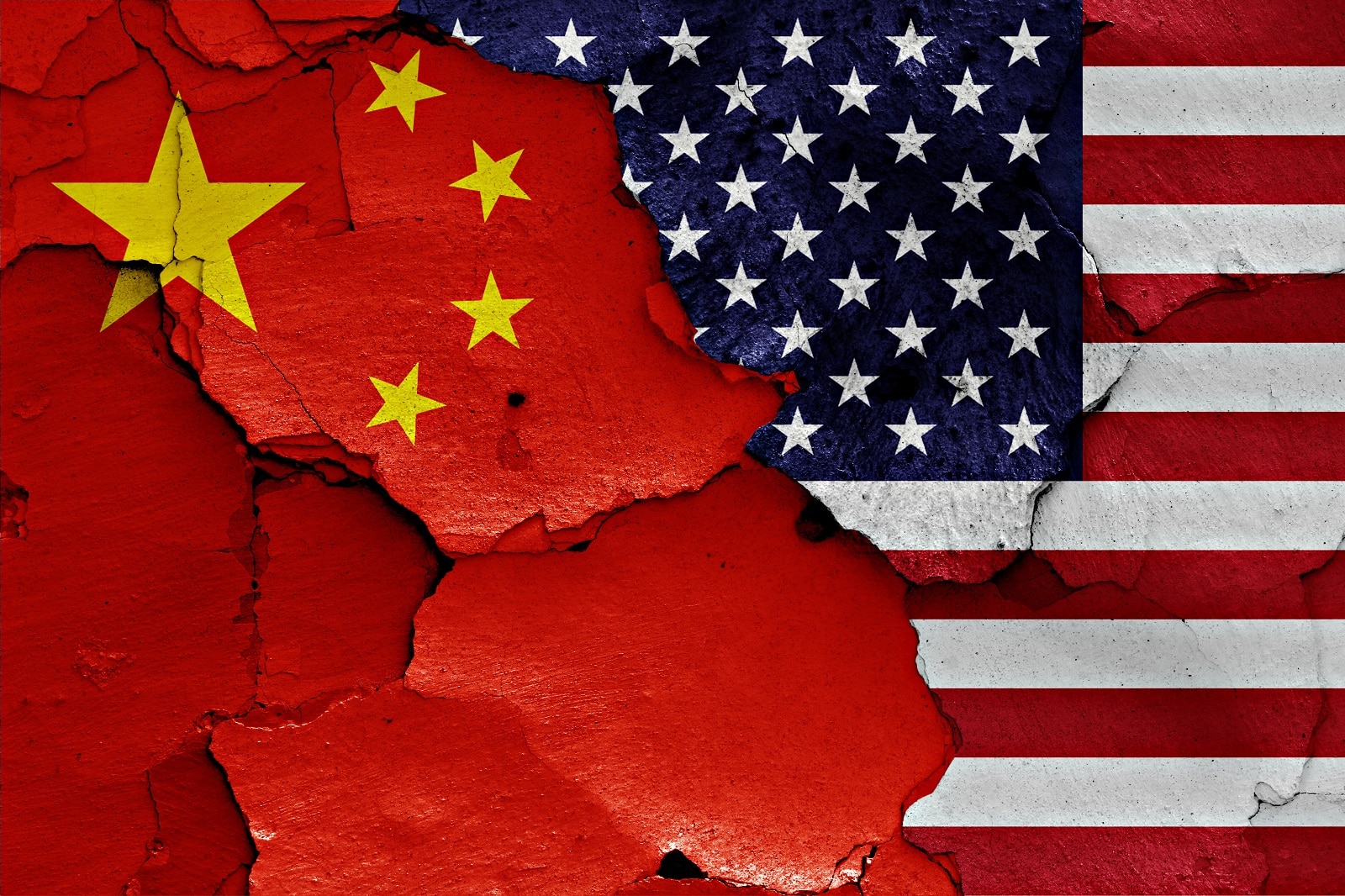
Chinese firm Gotion High-Tech acquired 270 acres, intending to build an electric vehicle battery plant, but some towns are fighting back against the takeovers.
Grand Forks Success Story

Grand Forks, North Dakota, recently successfully resisted the acquisition of land by a foreign entity. Officials resisted a Chinese firm’s proposal to build a corn mill because it was too close to an Air Force base.
“Significant Threat” Neutralized

Airforce Assistant Secretary Andrew Hunter called the potential takeover of the corn mill a “significant threat,” praising the local council’s move to resist it.
USDA Defense

A USDA spokesperson defended the department, “The process to report and track foreign-owned agricultural land is complex and is governed by a 46-year-old law that depends on self-reporting by foreign buyers and sellers of U.S. agricultural land,” they said.
Changes and Funding Needed

The spokesperson argued that the GAO’s recommendations would require changes by Congress, “The GAO’s recommendations would require changes by Congress, starting with the funding needed to increase staff and modernize our processes, in addition to a change in data collection mandates down to the county level,” they continued.
Federal Government Accountability Questioned

Critics question whether the federal government, under Biden’s leadership, aims to keep the public unaware of the extent to which adversarial powers, such as Communist China, are acquiring control over America’s vital resources.
Newhouse Pledges Action

Newhouse pledged to introduce new measures that are aimed at fixing the USDA’s internal reporting and data management so that foreign investors can be properly identified.
Newhouse’s Promise on Foreign Identification

“I will, in my capacity as a member of the Select Committee on the CCP, Chairman of the Western Caucus, and as a member of the House Appropriations Committee,” Newhouse said, “be working to introduce measures aimed at fixing USDA’s internal reporting and data management to identify to Congress,” he finished.
Escalation of Foreign Investments

Foreign investment in the U.S. has reached new heights of about 40 million acres as of 2021, showing more control by overseas investors than ever before on U.S. soil.
China Looking to Reap Benefits

This report and staggering new numbers only intensify worries about foreign entities gaining significant control over crucial American resources. Chinese investment in American agriculture has surged tenfold from 2009 to 2016.
The post China’s Expanding Farmland Control in US: A Food Security Risk first appeared on Thrift My Life.
Featured Image Credit: Shutterstock / Frederic Legrand – COMEO.
The content of this article is for informational purposes only and does not constitute or replace professional financial advice.
